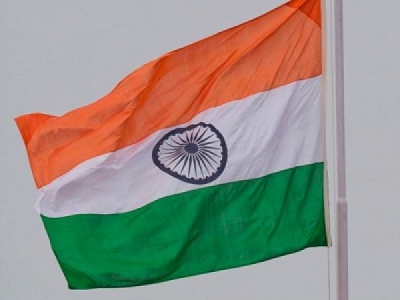
Posted on January 2, 2017
By Manoj Venunath, IHS Maritime 360
Jawaharlal Nehru (JN) Port, India’s busiest container port, has launched a global tender to deepen and widen Mumbai harbour channel and JN Port channel.
Work to deepen the existing draught to accommodate 15 m-draught vessels, carrying more than 9,000 teu, will stretch over 35.5 km and is projected by the port to cost about USD260 million.
The dredged material will comprise marine clay and weathered/sound amygdaloidal basalt rock.
The volume of materials to be dredged from the seabed is estimated at 35.03 million cu m of which soil/clay dredging will be 33.3 million cu m and rock dredging will total 1.73 million cu m.
“The estimated dredging cost mentioned in the tender is on the lower side. There is a huge quantity of rock dredging spread over an area of more than 20 lakh sq m,” a port executive told IHS Fairplay.
“This is a very difficult work on a channel of national importance. The port needs somebody really capable and competent to undertake the work,” he said.
Bidding groups have until 20 January 2017 to submit their qualification documents and JN port has mandated TATA Consulting Engineers (TCE) as engineers for the project.
The dredging work should be completed in 24 months from the award of the contract including mobilisation period and intervening monsoon periods.
According to the terms of the tender, Indian companies owning Indian flag dredgers shall have a first right of refusal if their rate is within 10% of the lowest valid offer. Should more than one company owing Indian flag dredger participates in the tender, the right of first refusal will go to that Indian company that has quoted the lowest rate and is within 10% of the lowest offer.
If an Indian flag vessel is not available, then “Indian controlled ships” shall be accorded higher priority in the right of first refusal than non-Indian flag vessels, the tender document added.
An Indian dredging company is defined as a company registered under India’s Companies Act and engaged in dredging work and having dredgers under Indian flag or vessels registered as Indian controlled ships.
However, none of the local dredging companies, including Dredging Corporation of India, is expected to qualify for the work due to lack of capability for rock dredging, industry sources told IHS Fairplay.
“None of the local dredging firms will qualify for the tender. They need tie-ups with global dredging contractors to participate,” one dredging source said.
JN port is currently accessible from the Arabian Sea via Mumbai Harbour main channel. This channel is shared by Mumbai port and JN port up to Jawahar Dweep Terminal.
The port, one of the 12 controlled by the union government, loads more than half of India’s container cargo passing through the country’s ports. In the year to March 2016, the port loaded 4.49 million teu, operating at more than its designed capacity of 4.4 million teu a year.
JN port currently has four container loading terminals while a fifth one is being developed by Singapore’s PSA International which will double the port’s container handling capacity.
Source: IHS





